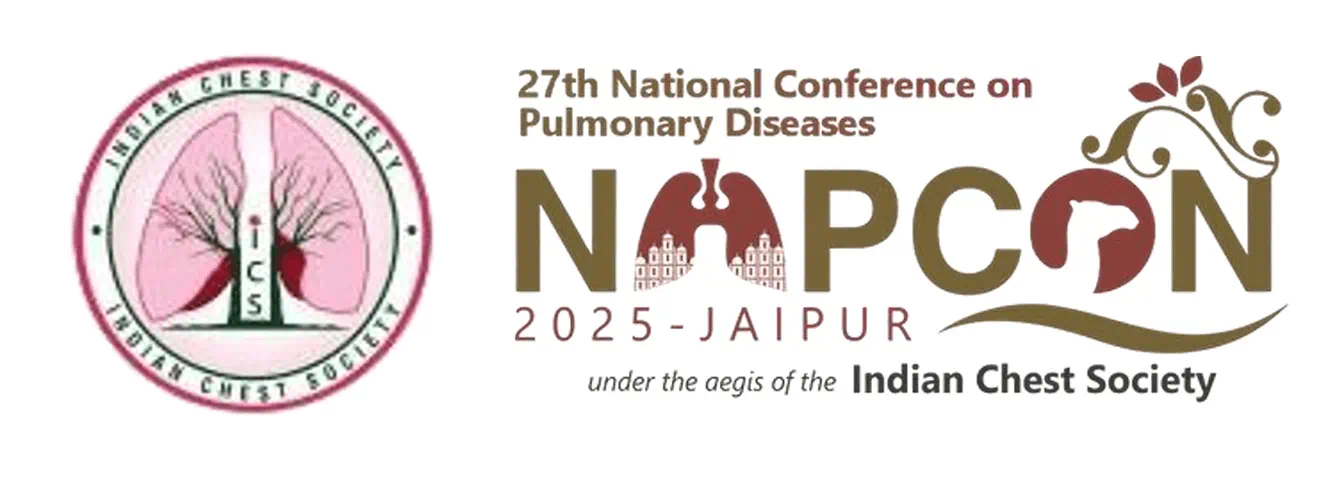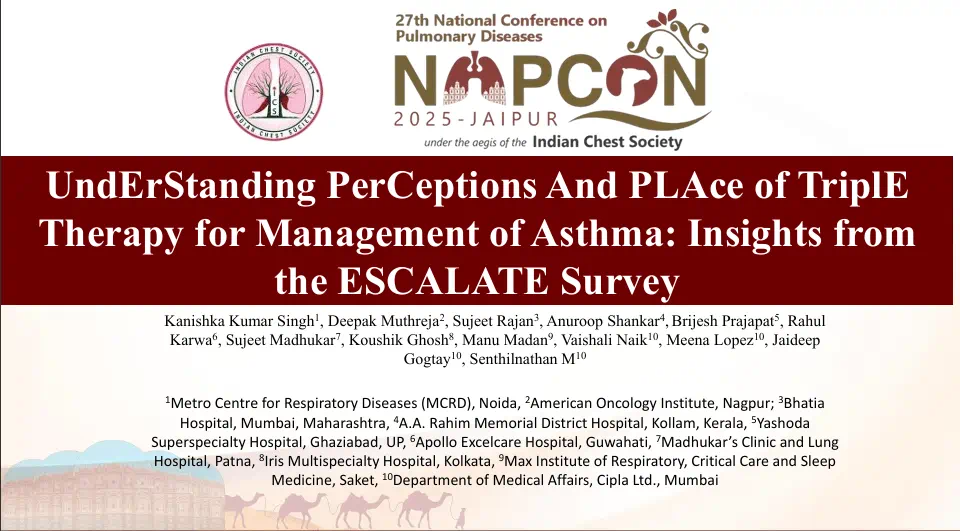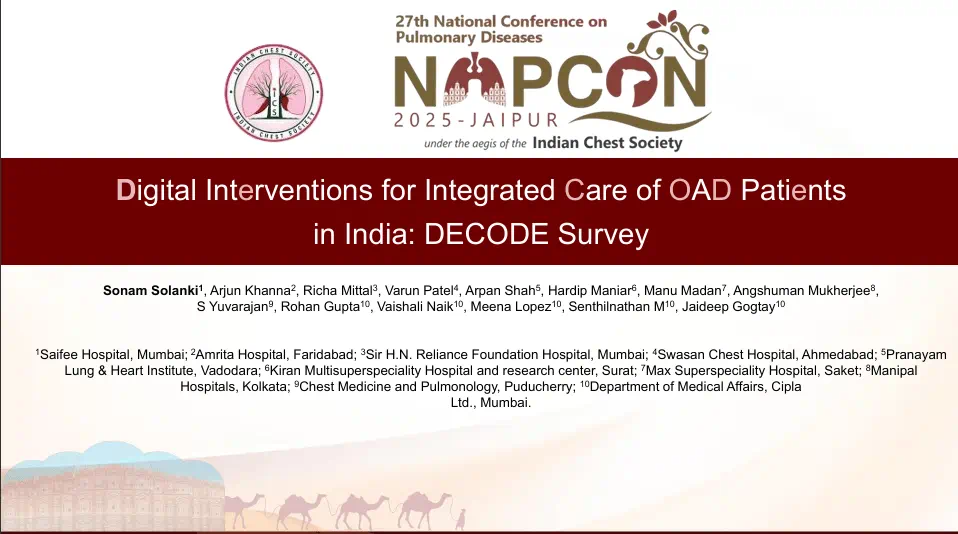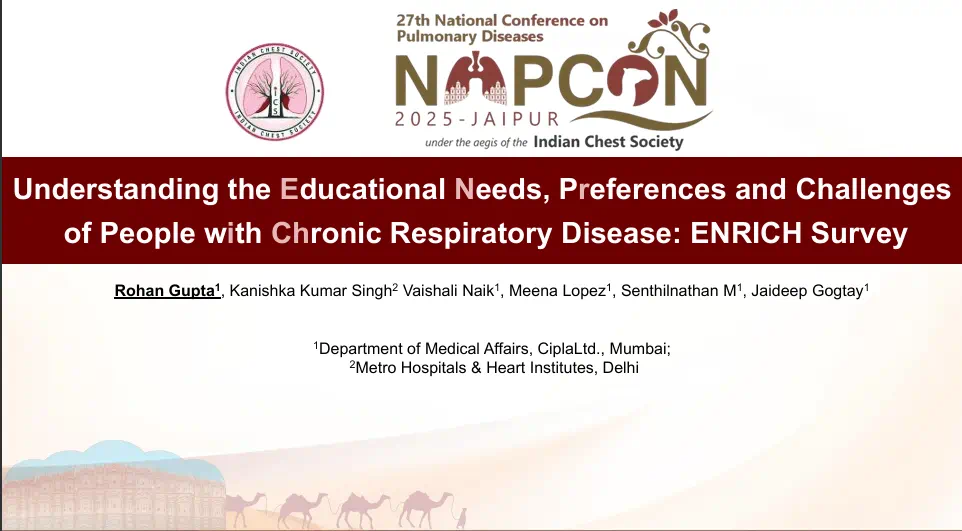Azithromycin plus Acetylcysteine for treating Chronic Otitis Media with Effusion in Children
13 May, 21
Introduction
Otitis media with effusion (OME), a common disease in childhood, has a complex pathogenesis. Currently, there is no consensus on the optimal therapeutic option for OME, though it can be treated either conservatively or surgically. The efficacy of bronchosecretolytic acetylcysteine and an antibiotic azithromycin in the treatment of middle ear mucosa is already established.
Aim
To ascertain the efficacy of acetylcysteine and azithromycin in the management of chronic OME
Patient Profile
- Children with a diagnosis of bilateral chronic OME (n=90; mean age; 49.5 months; boys; 56.7%)
Methods
Study Design
- Prospective study
Treatment Strategy
- Based on the treatment strategy, patients were divided into three groups as follows:
- Group I (Acetylcysteine): Patients treated with acetylcysteine (3 × 100 mg, for 3 weeks; n=30)
- Group II (Azithromycin): Patients treated with azithromycin for 3 days (dosing as per the patient’s body weight; n=30)
- Group III (Acetylcysteine+azithromycin): Patients treated with a combination of acetylcysteine and azithromycin as per the above dosage (n=30)
Assessments
- The following assessments were conducted at baseline, one month and two months of initial examination
- Pneumootoscopy
- Endoscopic ear examination
- Tympanometry
- Clinical improvement in the OME
Results
- During the second measurement cycle, tympanogram improved in all the three study groups, with the improvement being highest in group III patients, though not statistically significant(p=0.1875; statistical difference between group I and group III; p=0.0678) (Fig 1)
Fig 1: Improvement in the tympanogram during the second cycle
Group I: Acetylcysteine; Group II: Azithromycin; Group II: Azithromycin +Acetylcysteine
- The improvement during the third measurement cycle did not differ significantly between study groups.
- Although between-group differences did not reach statistical significance, the results obtained appear to be clinically relevant.
Conclusion
- Conservative therapy for the management of chronic OME appears to be effective.
- Though study results did not exhibit a strong statistical difference they do indicate that the combination of an antibiotic and a bronchosecretolytic such as azithromycin and acetylcysteine may be useful in the treatment of chronic OME.
Eur Arch Otorhinolaryngol. 2017 Mar;274(3):1351-1356.
Related Topics









